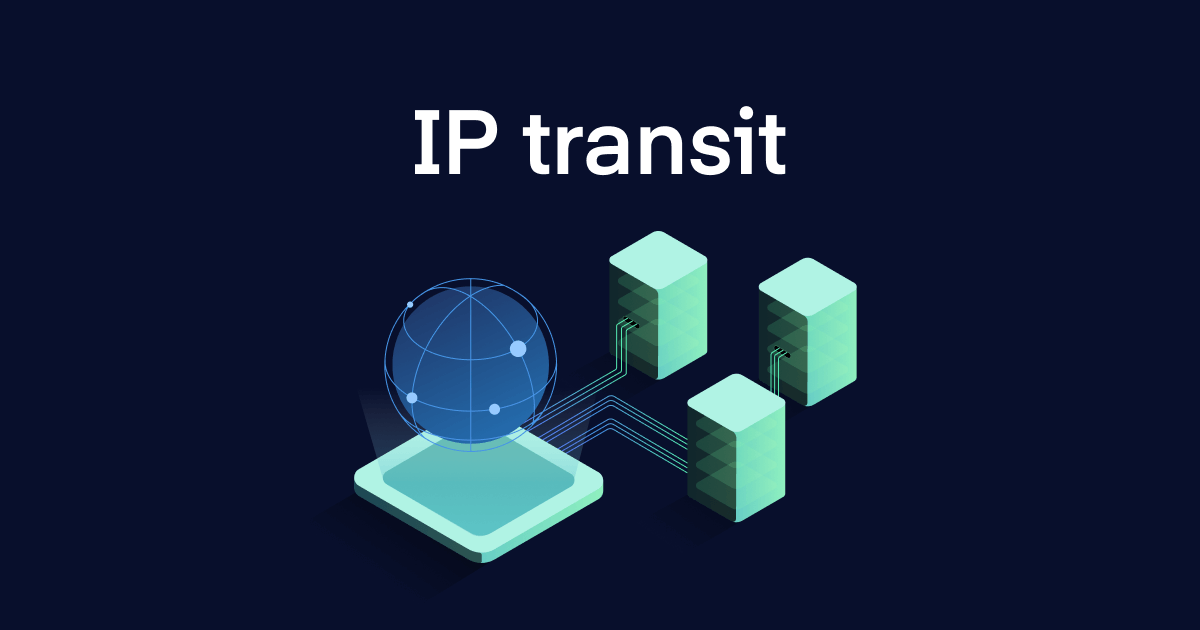In the ever-evolving web connectivity landscape, businesses large and small rely on IP transit to provide uninterrupted access to the internet. IP transit is the foundation of modern communication systems, from accessing the cloud to powering e-commerce platforms. We will examine the basics of IP transport as well as the services and roles of IP providers.
IP transit, also known as internet traffic is a service that allows network traffic (or “transit”) to cross a particular network. This allows the user to connect to wider internet. IP Transit providers own and control the infrastructure that is required to send data packets between networks to the other. These providers play a vital part in providing both customers and businesses with efficient and reliable internet access.

Business owners have a variety of options when it is time to select IP transit solutions. Certain providers offer access to the internet without modification or additional features. Other providers offer advanced services like managed IP Transit, which comes with monitoring, support for additional devices and security features. The kind of service you choose is based on the requirements and demands of your company.
Pricing is among the most important factors for businesses to consider when choosing an IP-transit service provider. Prices can differ significantly based on a variety of factors, including bandwidth requirements, geographic location and service level agreements. Understanding the pricing and cost structures models offered by different service providers allows businesses to make the right choices and get the best return on investment.
Companies should take into consideration not just the price but also the performance and reliability offered by the IP transit service provider. Carrier-grade network connectivity with 400G or 100G provides the reliability, scalability and security required to support mission-critical applications and service. Automating the entire process from beginning to end further increases efficiency and provides an unbeatable user experience.
For businesses looking to streamline their network connectivity, IP-Access offers a fully customizable and flexible solution. This connectivity is ideal for companies with older systems or require special services. Businesses can customize connectivity to their needs by defaulting IPv4/31, IPv6/127 and various other transfer networks.
IP-Access, when it comes to internet, also includes basic DDoS (Distributed Denial of Service) protection against volumetric attacks. This provides an additional layer of protection for companies and their networks. This protection protects against cyber threats that could cause interruptions in service or revenue loss.
Inter.link Portal makes it easy for companies regardless of size to get access to IP transit services. In just a few minutes, companies can set up IP transit by choosing their preferred locations and bandwidth requirements. This streamlined process reduces time and money and allows businesses to concentrate on their primary business.
In conclusion, IP transit plays a crucial role in powering the internet of today and allowing companies to connect and communicate with the world. Through gaining a deeper knowledge of IP transport, IP providers and their offerings, and how to negotiate pricing and cost, business owners will be able to make the best decisions to ensure that they’re connected to the world in today’s digital world. IP transit provides the foundation for contemporary communication platforms, whether it accessing cloud services or powering e-commerce platforms.